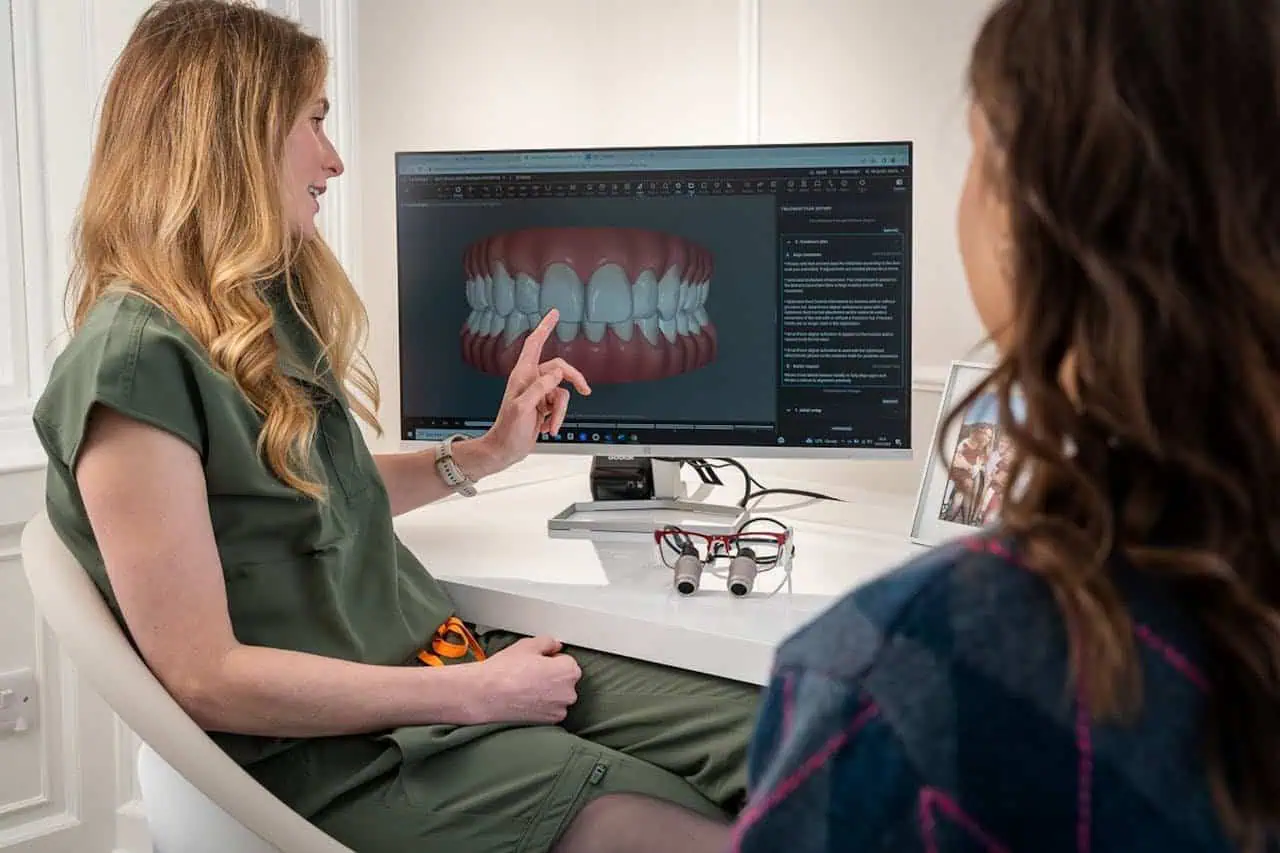Losing a tooth can be a setback, but it doesn’t have to be permanent. While dentures and bridges may offer quick fixes, they often come with compromises. Dental implants offer a solution that’s durable and also supports your overall health in ways that may surprise you.
If you’re looking for a way to protect your smile and your wellbeing, keep reading to find out why implants are more than just cosmetic.
Support for Jawbone and Facial Structure
When a tooth is lost, the jawbone underneath begins to shrink. This natural response, called bone resorption, can change the shape of your face and weaken nearby teeth. Implants stop this by mimicking real tooth roots.
They stimulate the jawbone every time you chew, helping to keep it healthy and strong. A maintained jawbone helps you chew properly, which supports nutrition and gut health.
Protect Surrounding Teeth
Bridges often require healthy teeth to be filed down so they can support the structure. That weakens them and raises the risk of future dental problems. Implants work independently, meaning your surrounding teeth stay intact and protected.
For a tailored and lasting approach, consider a professional dental implants clinic where experienced specialists can plan the right placement for long-term results.
Enjoy a More Balanced Diet
When teeth are missing or painful, you’re more likely to avoid foods like raw vegetables, nuts, or lean meats. These are vital for balanced nutrition, especially as you get older. Implants give you the confidence to bite and chew naturally, helping you maintain a more nutritious diet without worry or discomfort.
Speak with Confidence
Loose dentures can slip mid-sentence. Missing teeth may affect your pronunciation or make you mumble. Implants are firmly anchored in your jaw so that you can speak clearly without hesitation. Whether you’re in a meeting or chatting with friends, you’ll no longer have to second-guess your speech.
Easier Oral Hygiene
Gaps in your mouth can trap food and bacteria. Implants fill those spaces and allow for simpler brushing and flossing routines. That can lower the risk of gum disease, which has been linked to heart issues and diabetes. By maintaining cleaner teeth and gums, you’re also supporting long-term health.
Keep Teeth in Their Proper Place
One missing tooth can throw your entire bite off balance. Over time, nearby teeth drift into the gap, causing crowding or jaw strain. Implants hold their position and help keep everything aligned. This saves you from extra dental work later.
Long-Term Value Without Ongoing Repairs
Dentures often need adjustments or replacement. Bridges can fail within a decade. Implants, on the other hand, can last over 25 years with proper care. That’s a worthwhile return when you consider the time and money saved on future treatments.
Conclusion
Your smile plays a big part in how you feel day-to-day. Restoring it can ease self-consciousness, particularly in work or social situations. That’s not vanity but about mental wellbeing and having one less thing to worry about.

